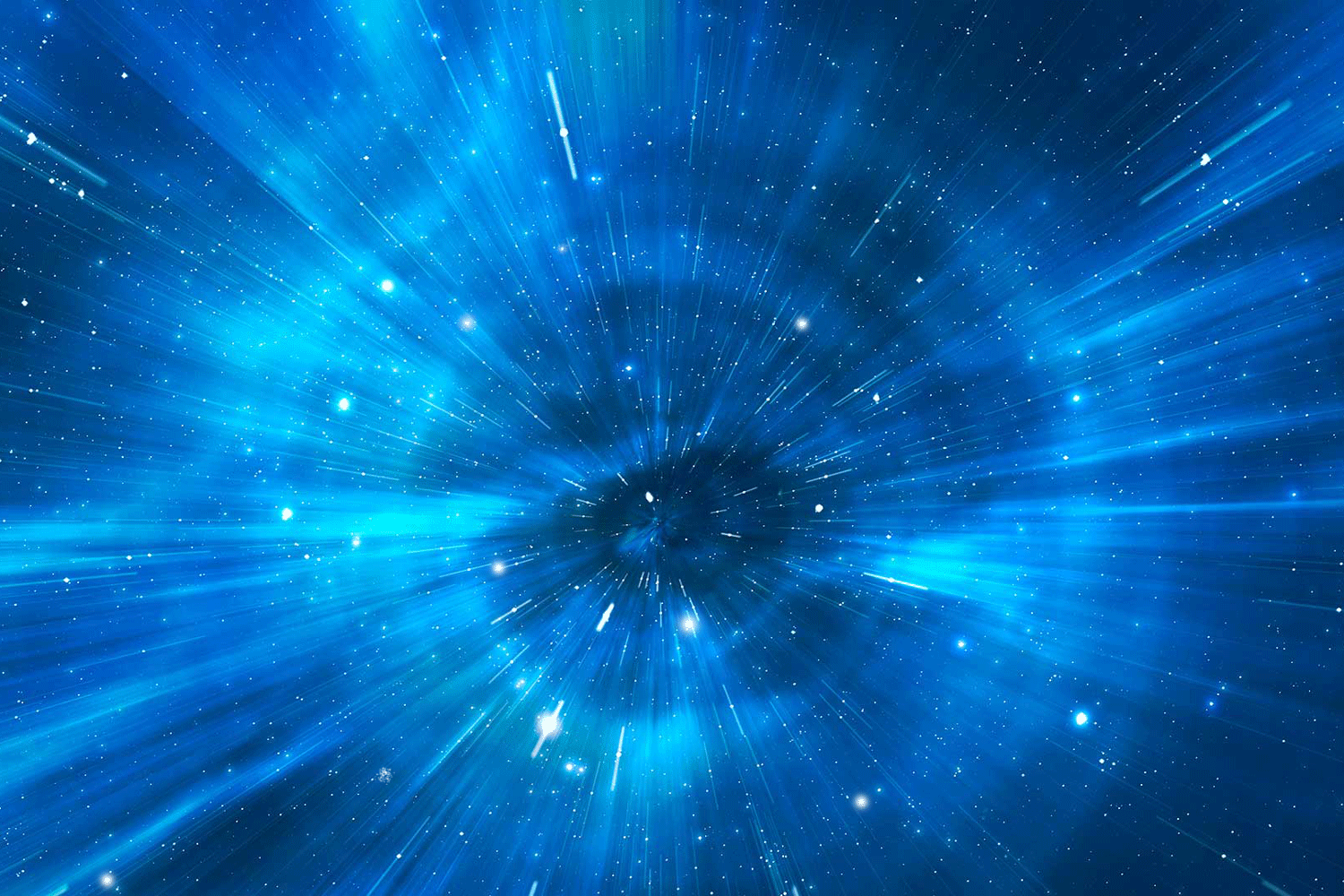


I wanted them to be permanent digressions from a narrative, just looping in perpetuity and mimicking more urgent rhythms like breathing, heartbeats, copulations, and collisions. I’ve always avoided any narrative with those short loops of visually banal events. I found them howlingly funny but at the same time I thought, “yeah, that’s a good idea for a movie.” But animated GIFs hover in a confounding space between film and still image; they remind viewers that cinematic movement itself is an illusion; eg. If you’ve ever read David Foster Wallace’s Infinite Jest, you’ll remember his detailed, deadpan descriptions of avant garde films. Lorna Mills: It’s funny that you ask that because I had a steady diet of experimental film when was in art school during my late teens (at an age when I could watch anything). Do you seek to resolve these disparate ideas, or a synthesis between them, or something else? Whether sequenced as a chain (narrative) or oscillating (disjunctive collage), your GIFs draw upon a distinct cinematic lineage. Presented as a stack or a linear progression, sometimes barely moving, the looping in these pieces is more “manual ” my gaze has to follow from frame to frame as I piece the story together. I see Stan Brakhage, Jack Smith, Maya Deren, and other experimental filmmakers in your use of the image as malleable, pleasure-seeking collage material.Įarlier works, like these compositions from 2010 and in particular this set focused on your mother’s jewelry, use sequences of tightly framed shots that construct almost conventional narratives.

It’s easy to see how these GIFs harken back to early web vernacular, but I’m tempted to draw an even deeper trajectory. Most of it is presented in mad looping cut-out form, with jagged, silhouetted edges and sudden jump-cuts that have become your signature motifs. Paul Soulellis: Your recent work takes the form of animated GIF collages that convulse with explosions, weird animals and jerky gestures-scenes that are usually playful but often perverse.
#Mind meld gif series
The latest in a series of interviews with artists who have a significant body of work that makes use of or responds to network culture and digital technologies.


 0 kommentar(er)
0 kommentar(er)
